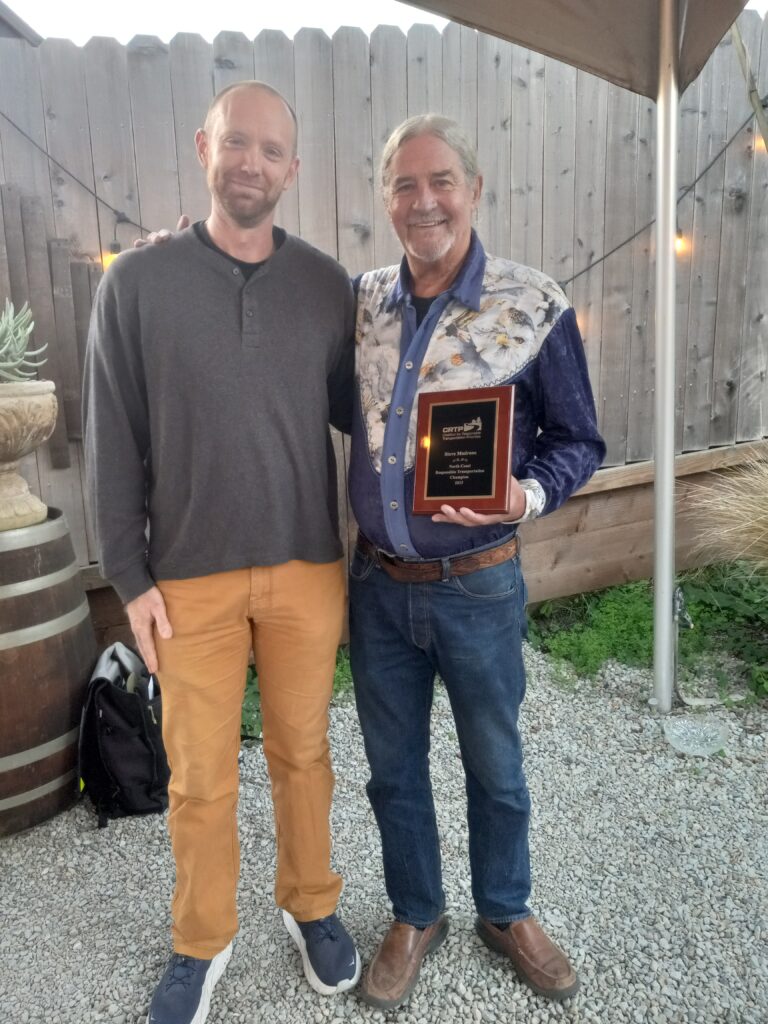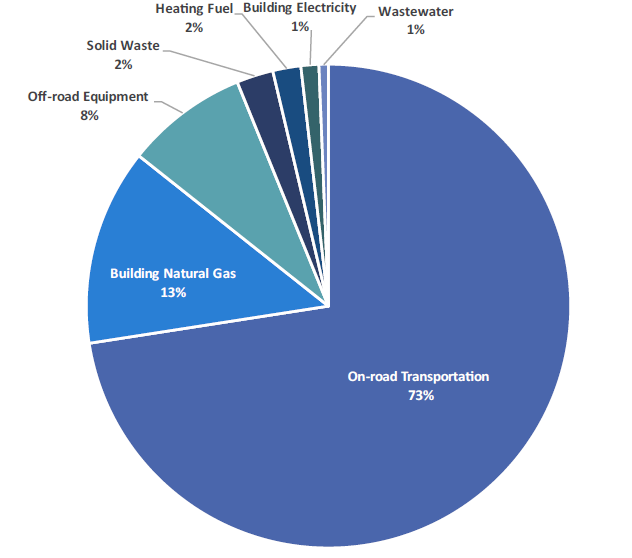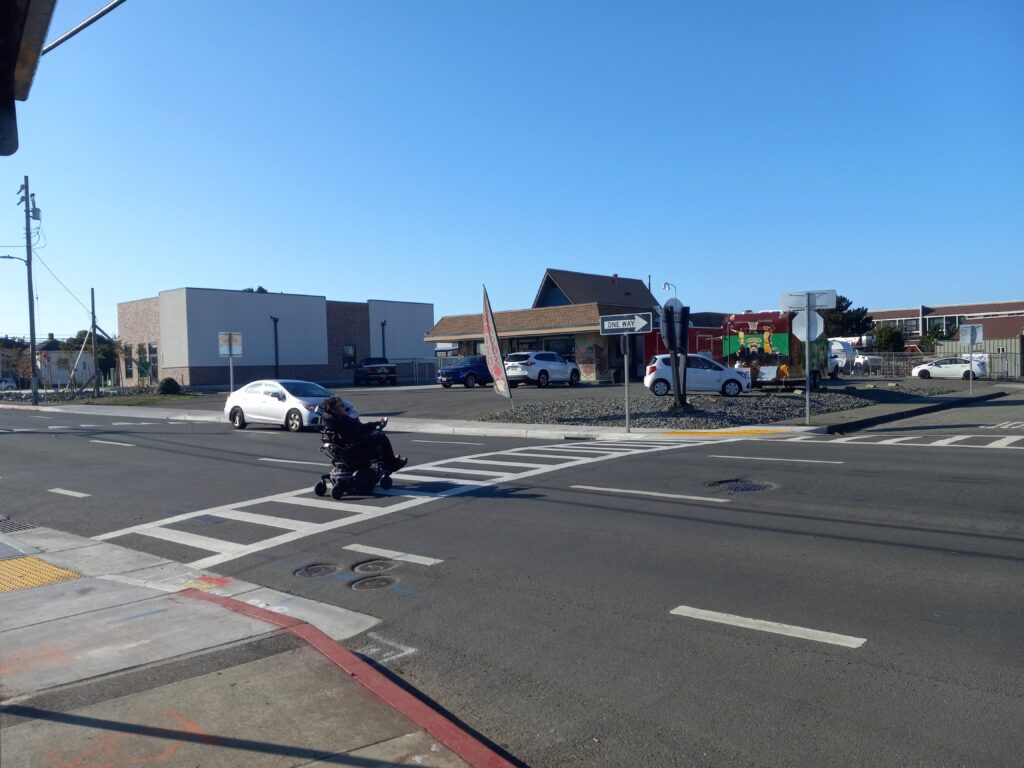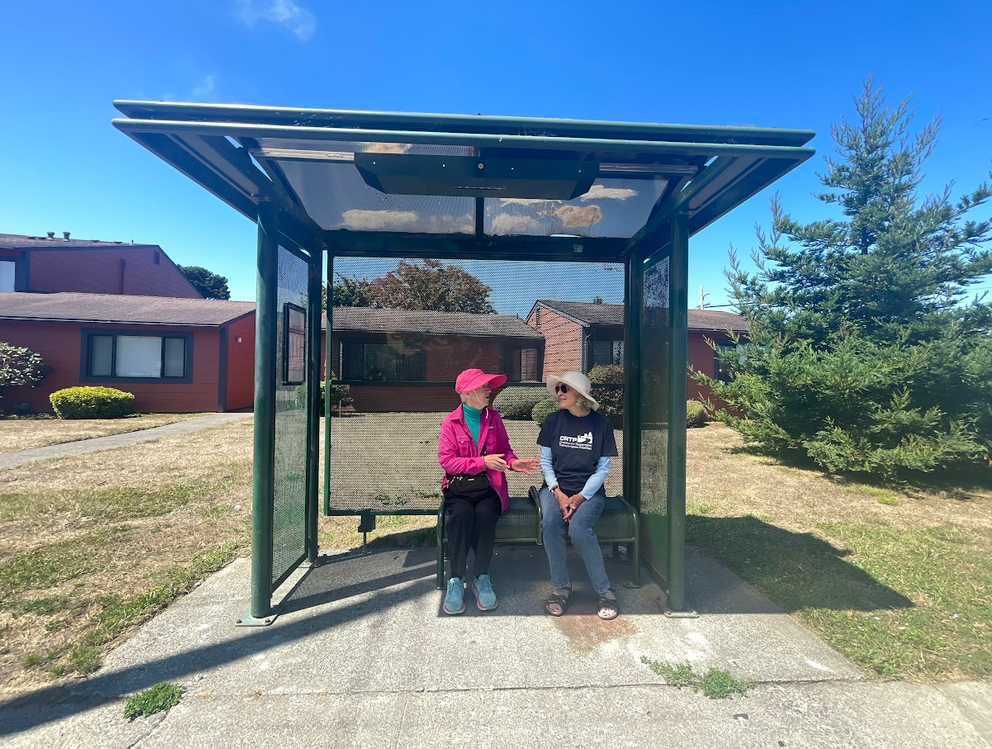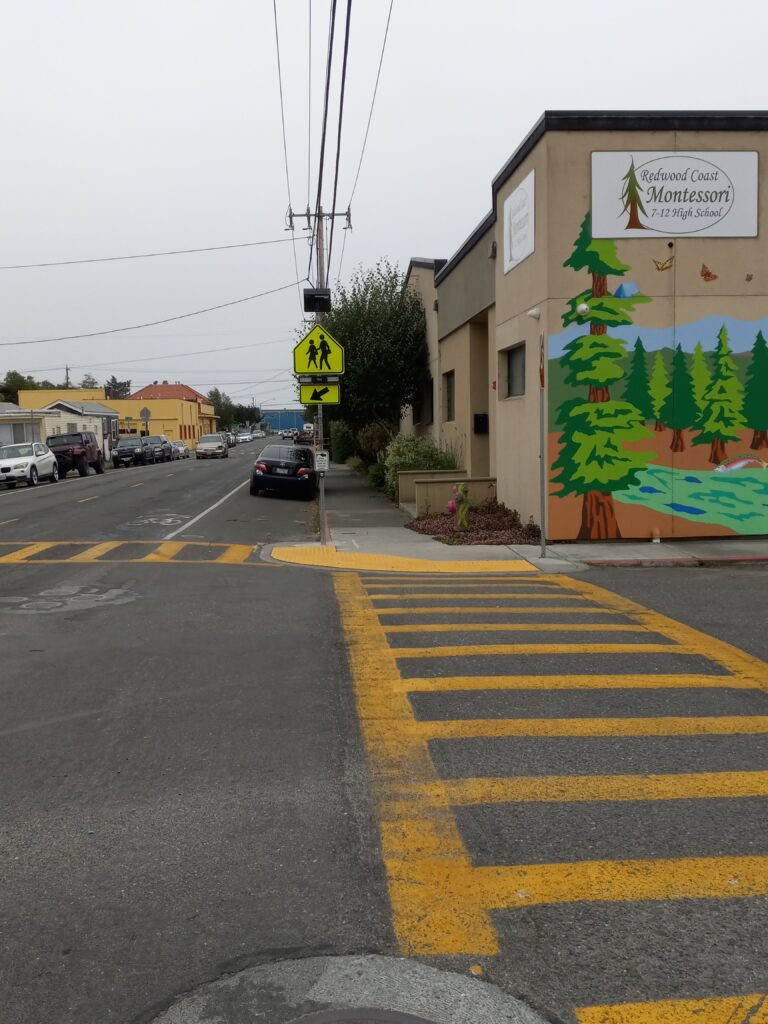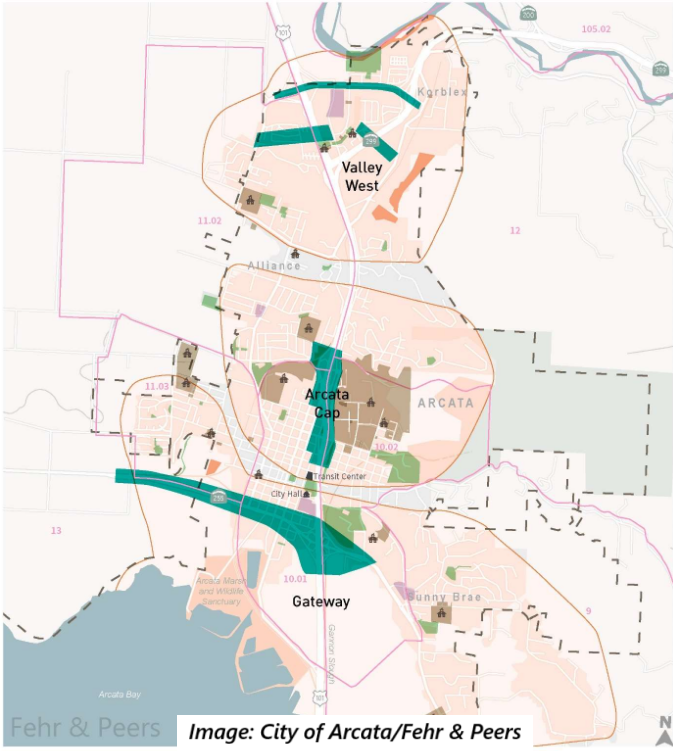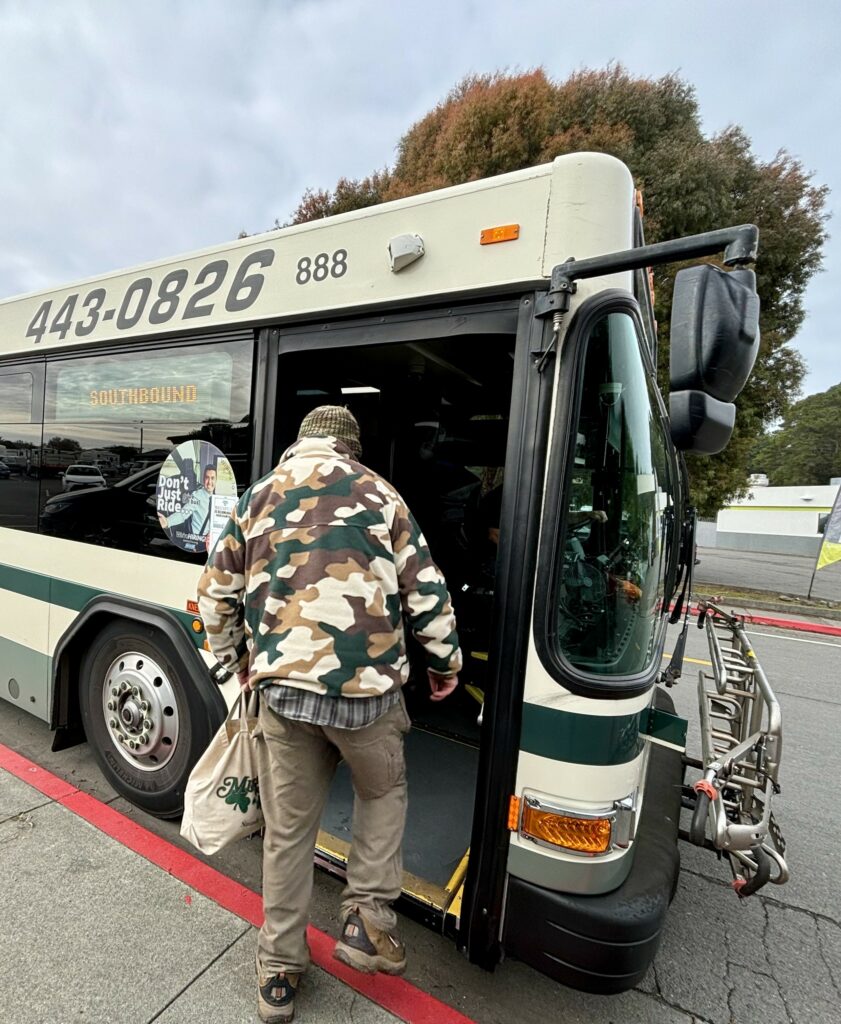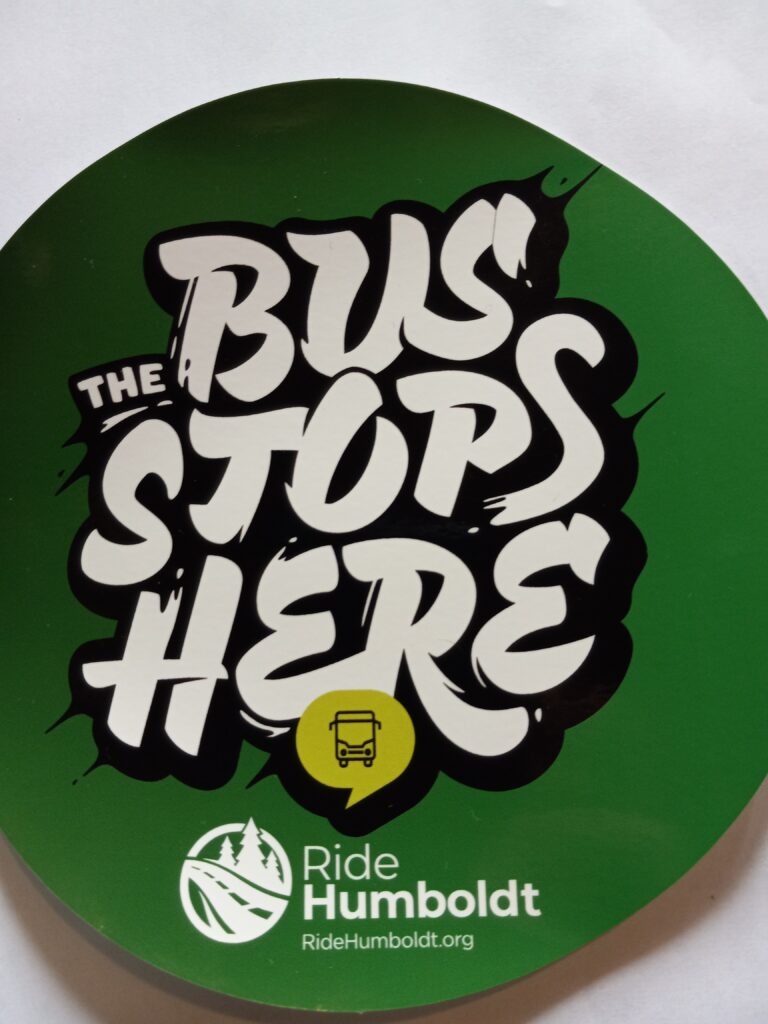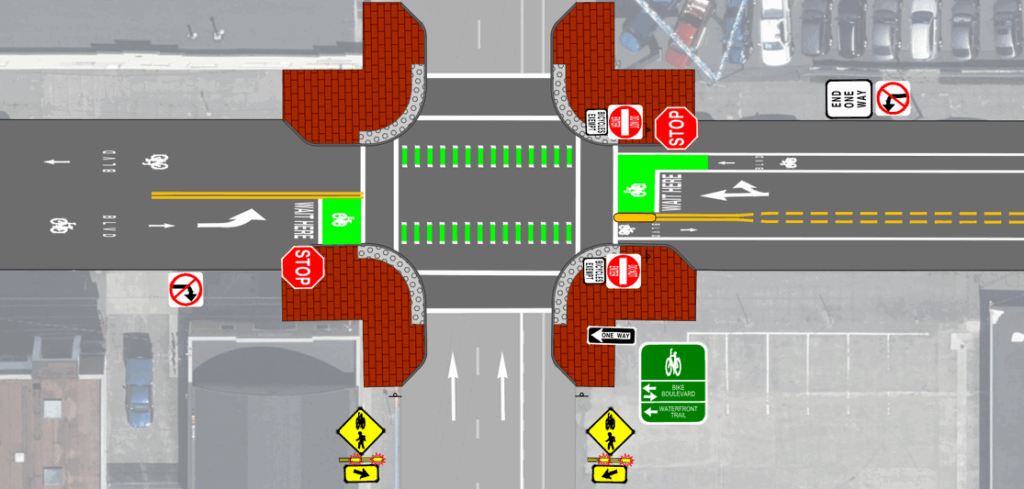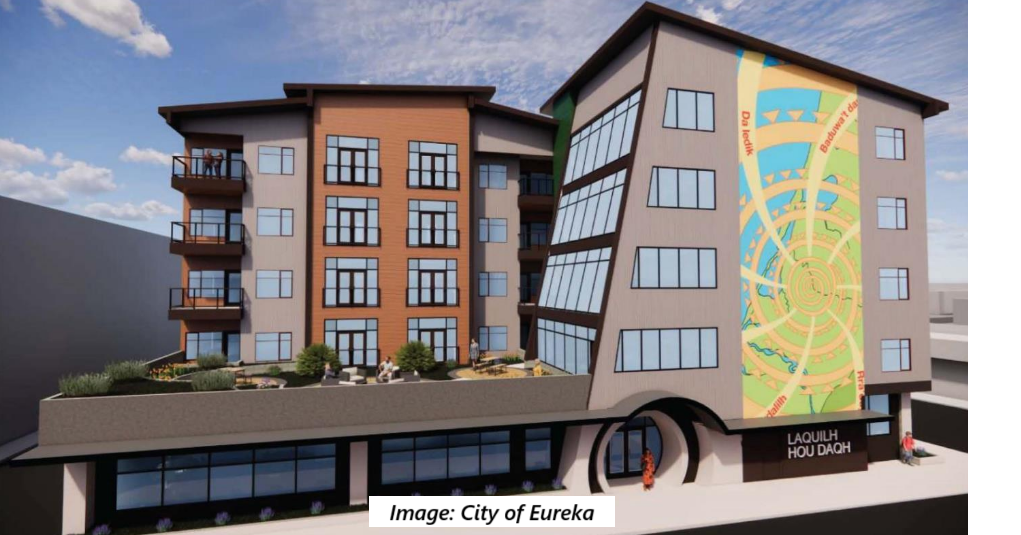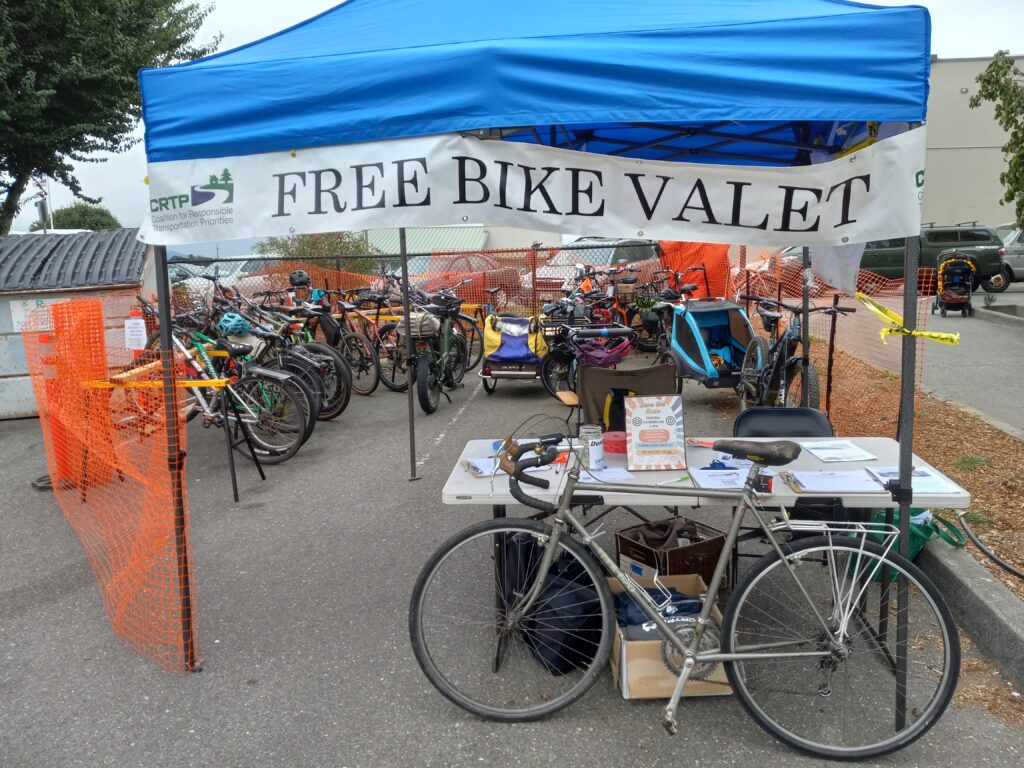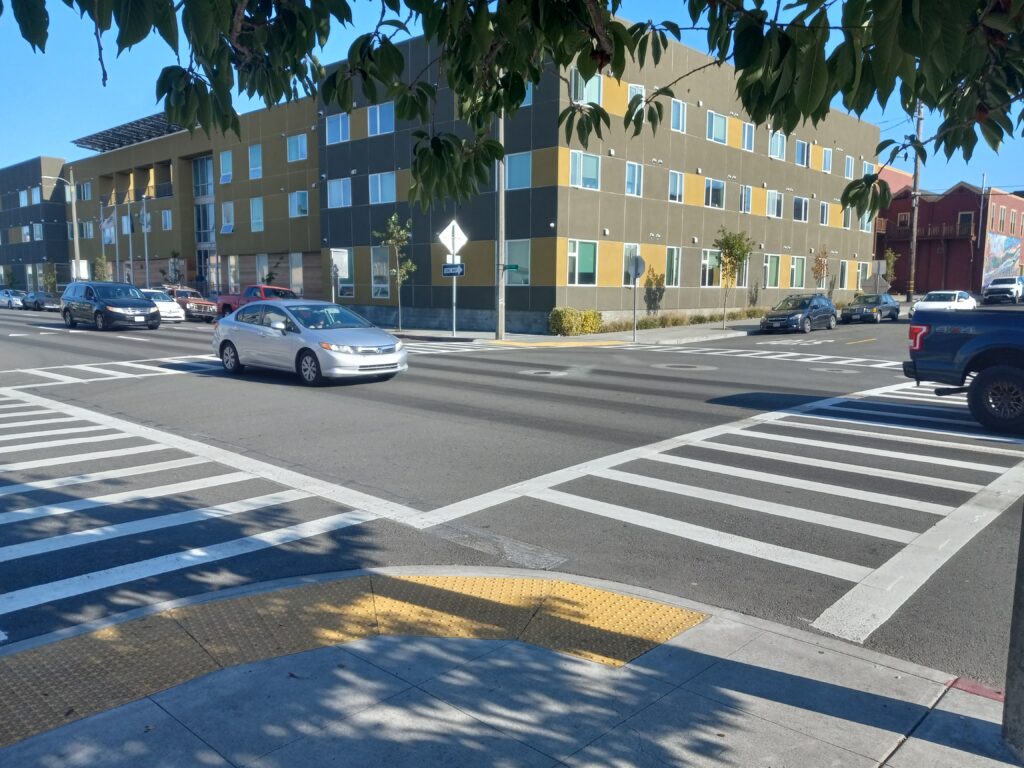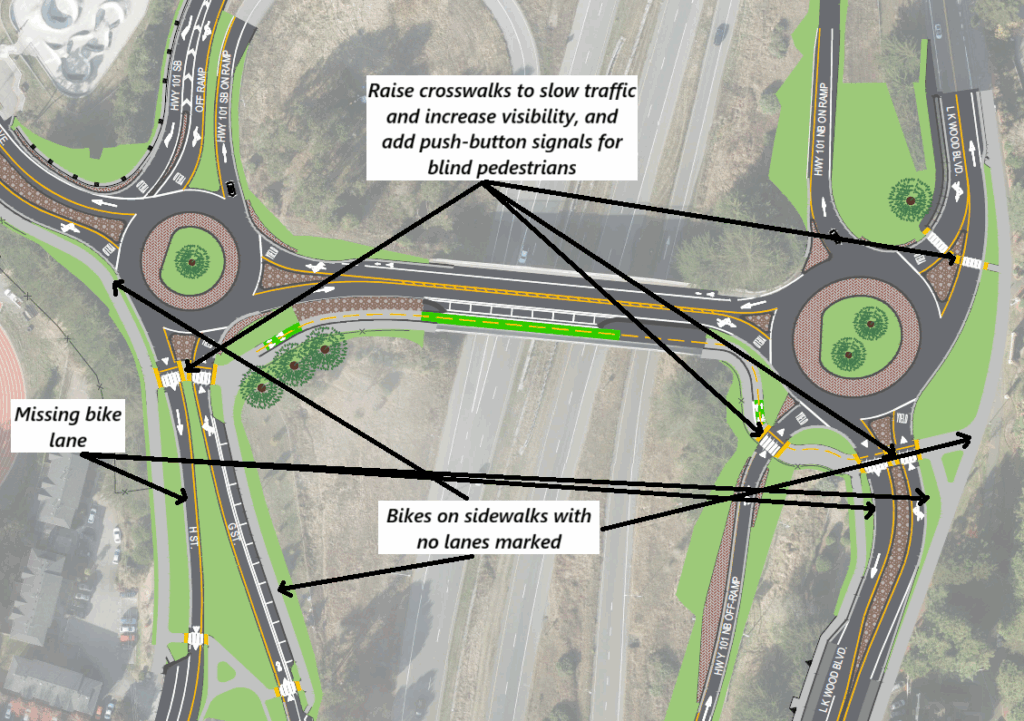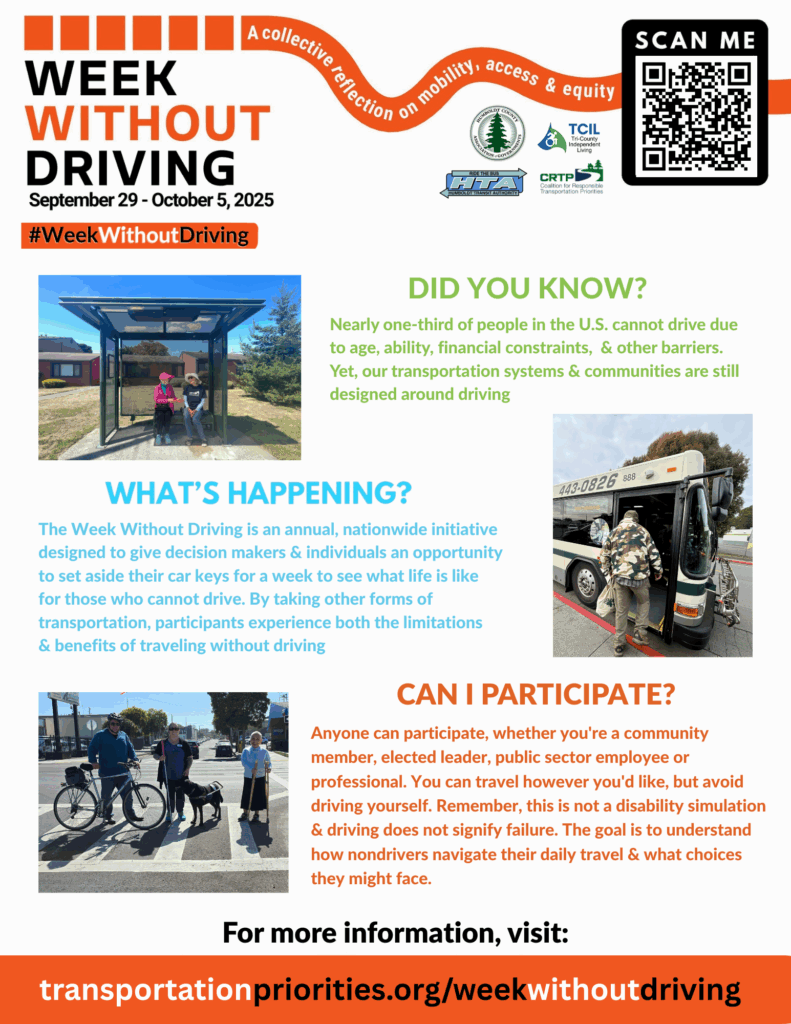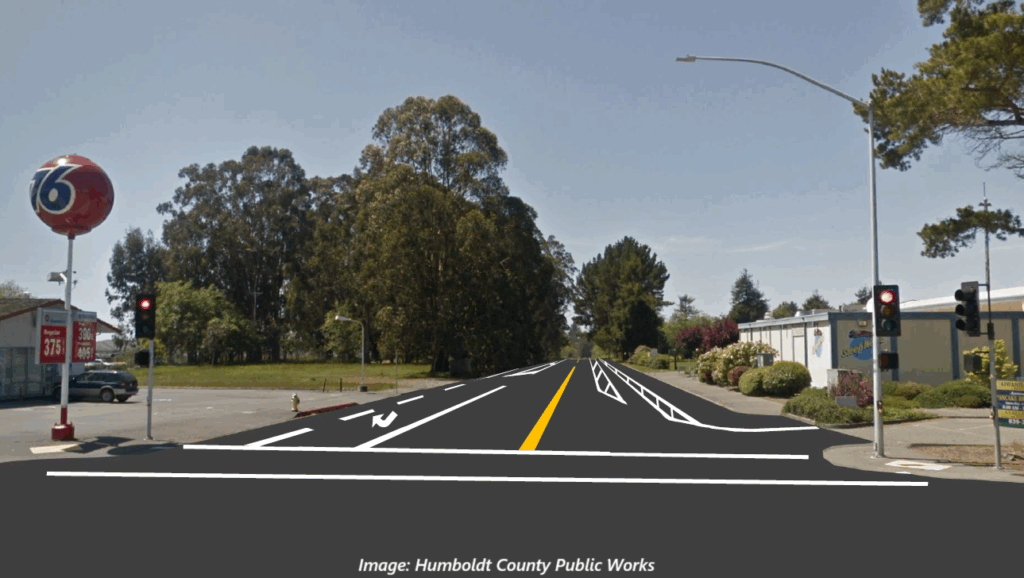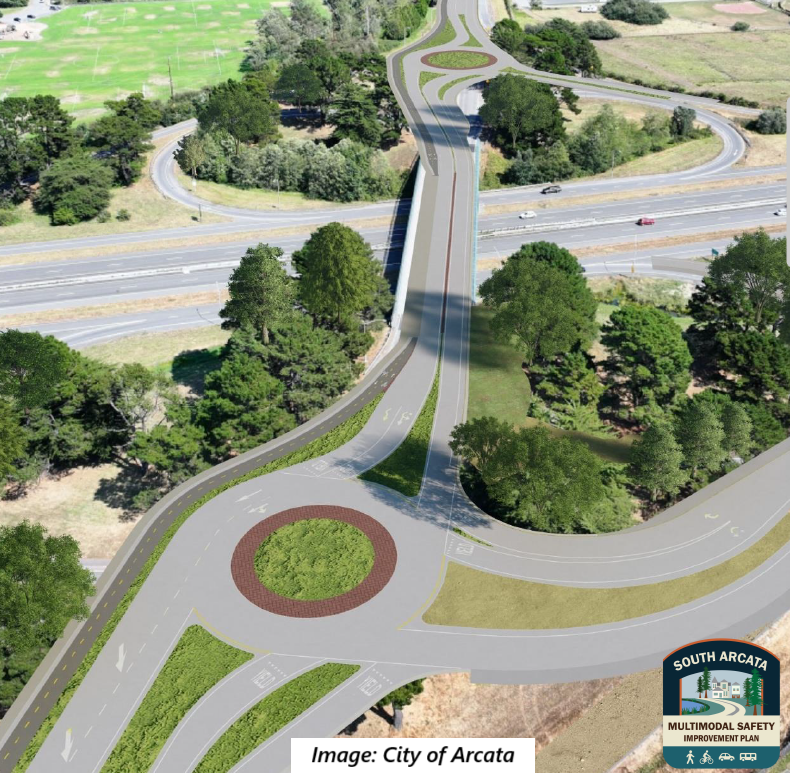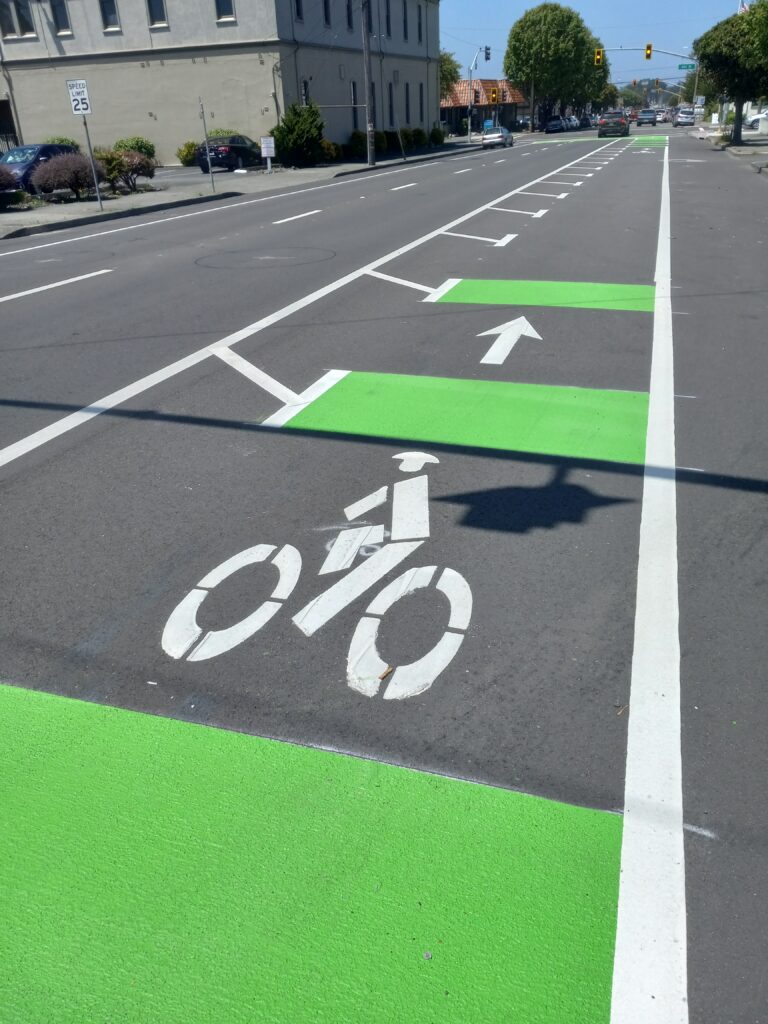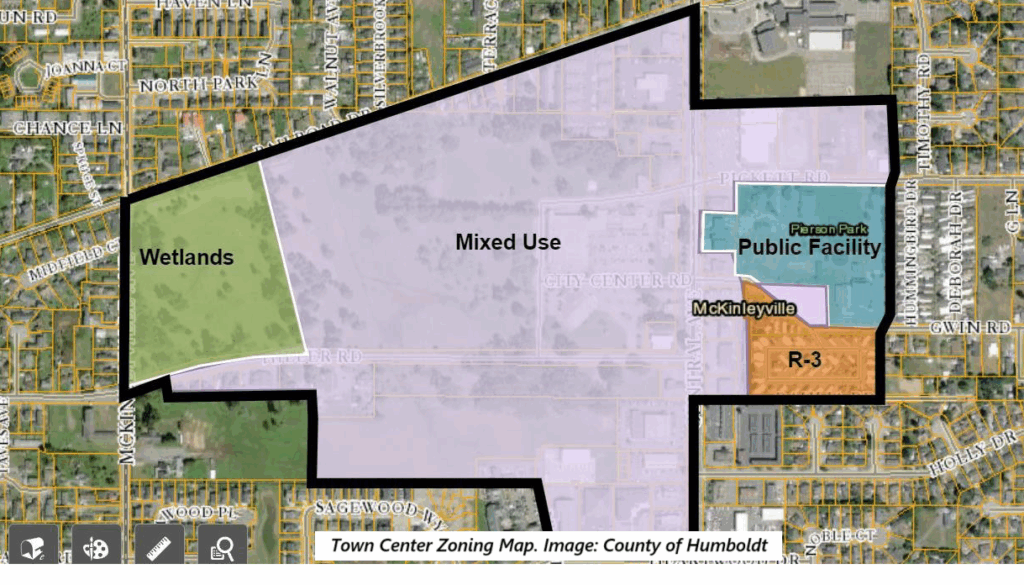The Collector
October 31, 2025
Dangerous Downtown Streets: 4th & 5th Streets at Night
If you’ve never walked around Eureka’s 4th and 5th Streets at night, check out this video produced by CRTP. The level of comfort and safety you feel as a pedestrian can change dramatically after dark. You can also click here to watch all the other point-of-view videos we’ve produced documenting the experiences of pedestrians and bicyclists in the 4th & 5th Street corridor.
After you watch, you can read our full 4th and 5th Street safety report. And if you’d like to report a safety concern in the corridor to Caltrans, click here and scroll down to “Safety Concern” in the “Situation Type” menu. We also encourage everyone to continue making Street Story reports, so that concerns are publicly documented.
Vote for CRTP!
Voting begins Monday in the North Coast Co-op’s annual contest to choose recipients of the Seeds for Change register round-up program – and CRTP is on the ballot! Organizations selected for the program will receive donations for one month next year from all Co-op customers who “round up” their purchases at the register. For CRTP, these donations would go a long way toward covering our annual expenses! If you’re a Co-op member, please click here to vote for CRTP (starting Monday), or vote in person at one of the Co-op stores. Voting ends Sunday, November 16th.
Complete Streets Policies at Work
Long-time readers of The Collector may recall that, several years ago, CRTP worked hard to get the cities of Eureka and Arcata to adopt official Complete Streets policies. These policies require that whenever a construction project affects a city street, it must include accommodations for people walking, biking, and using public transit (along with the typical car infrastructure). Since these policies were adopted, they haven’t always been implemented perfectly. But there’s no denying they’re having an effect!
This year, for example, in order to comply with its Complete Streets policy, the City of Eureka added new striping, signage, sidewalks, curb ramps, and other bike and pedestrian improvements to its annual pavement rehabilitation project – all without any need for advocacy from CRTP. The improvements covered by Complete Streets policies aren’t big, flashy projects, and we often have disagreements about how they are designed and implemented. But collectively, over time, they can make a big difference.
A Life Is More Important Than a Traffic Jam
This week, another life was lost on a local highway, this time in a crash near Rio Dell. We are disturbed that headline writers commonly focus on the traffic implications of such crashes, rather than the life that was lost. We understand that drivers want to know about conditions on the road. But when the media present the loss of life as a second-tier concern, it only perpetuates cultural apathy around preventable traffic deaths.
Holiday Card Art Contest!
CRTP’s friends over at Tri-County Independent Living have launched their 2025 Holiday Card Competition. Individuals with disabilities are invited to send in their entries by November 21st to be entered in the competition for cash prizes. The first place winner will receive $100! All entries will also be entered into the larger grand prize drawing with a prize of either a chromebook or a tablet. This year TCIL will be opening the competition to all age groups, with a youth category for kids 12 and under. Click here to enter the contest, or contact jessica@tilinet.org for more information.
News from Beyond the North Coast
Something Really Scary for Halloween
For generations, urban legends have abounded about the supposed dangers of kids accepting dangerous candy from malicious strangers. While there is no factual basis for these legends, that doesn’t mean Halloween is totally safe for kids. In fact, Halloween is by far the most dangerous day of the year for young pedestrians, with one 2018 study finding that 4- to 8-year-old kids are 10 times more likely to be hit and killed by drivers on Halloween than any other day of the year. The risk to kids is heightened when, as this year, Halloween falls on a weekend, since drivers are more likely to be intoxicated.
Threats to Freedom of Movement in Indian Country
The crisis of Missing and Murdered Indigenous Women and Girls (MMIWG) isn’t commonly thought of as a transportation problem, but advocates point out that transportation plays a role. For example, the lack of safe places to walk, bike, or ride public transit can sometimes trap women and girls in dangerous situations.
Climate Pollution Keeps Rising
New data from the United Nations shows that 2024 was both the hottest year on record and also marked the highest levels of greenhouse gas emissions on record. In the United States, transportation is the leading source of climate-changing pollution.
The Collector is CRTP’s weekly transportation news roundup, published every Friday. We focus on North Coast news, but we also include relevant state, national and international transportation news – plus other items that we just find kind of interesting! To submit items for consideration, email colin@transportationpriorities.org.

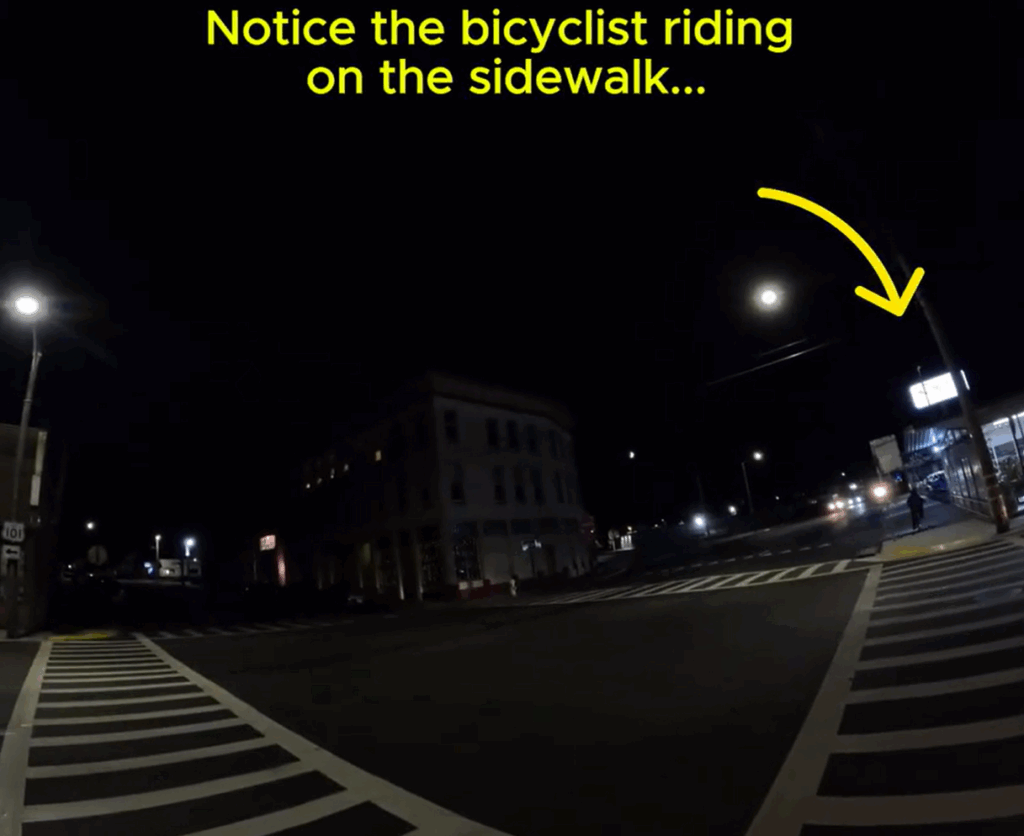


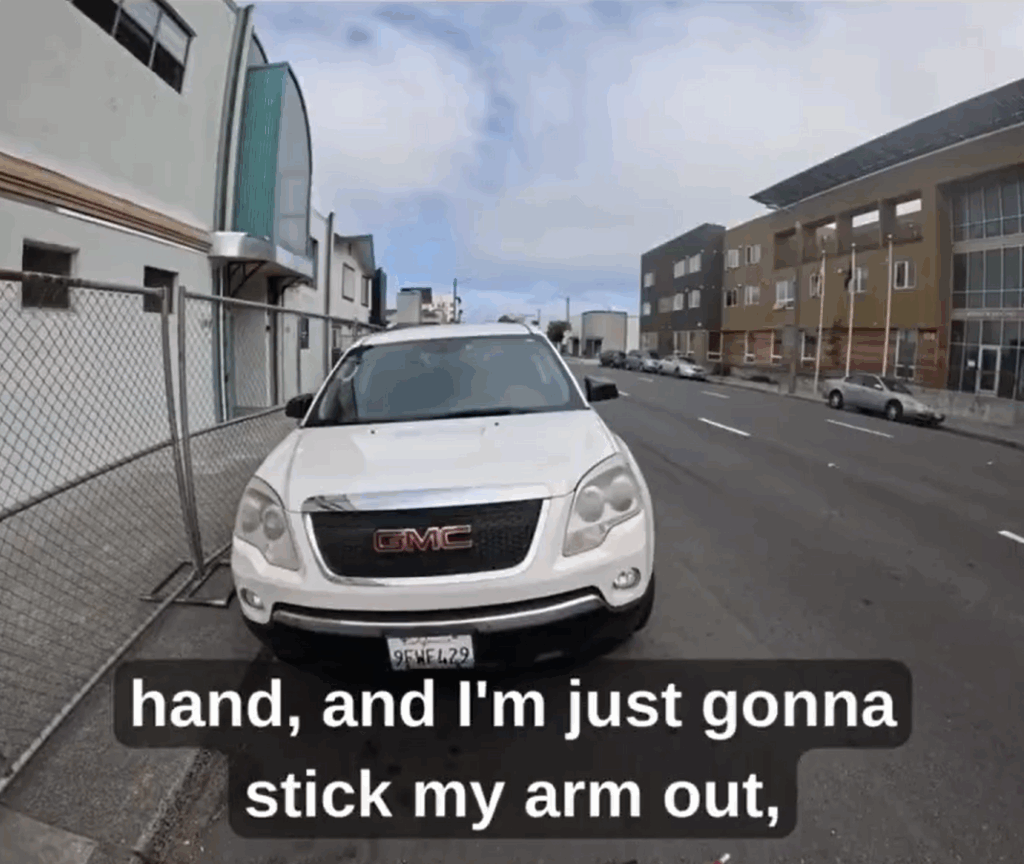
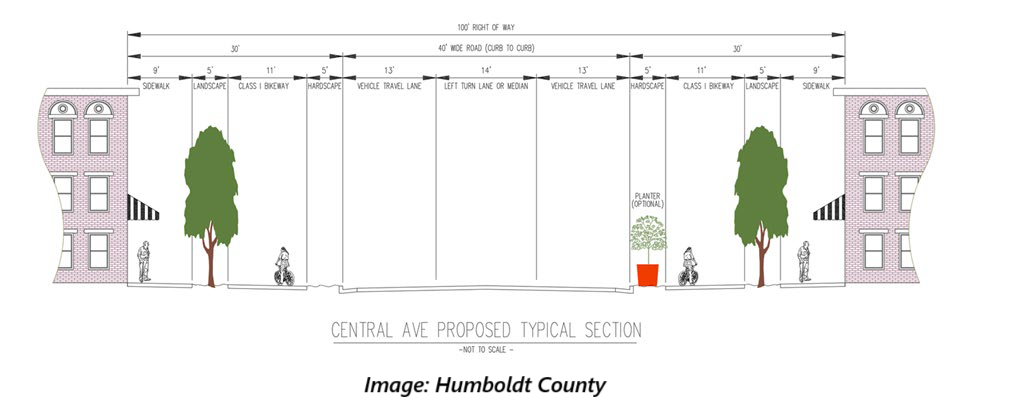
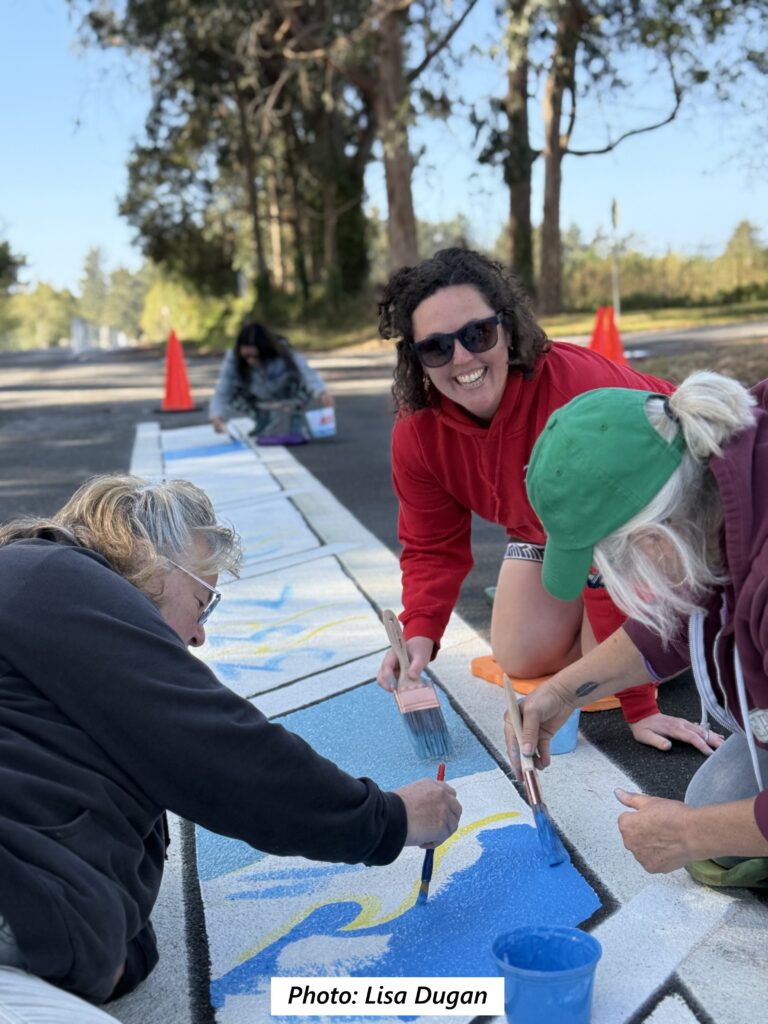
![A video screen shot shows a pickup truck looming large next to a sidewalk, with an intersection and traffic light visible in the background. Text reads "Would the driver even e able to see the child in front of or behind their truck?" and a caption says "[child making sounds]".](https://transportationpriorities.org/wp-content/uploads/2025/10/Screen-shot-from-6-year-old-video-1024x908.png)
